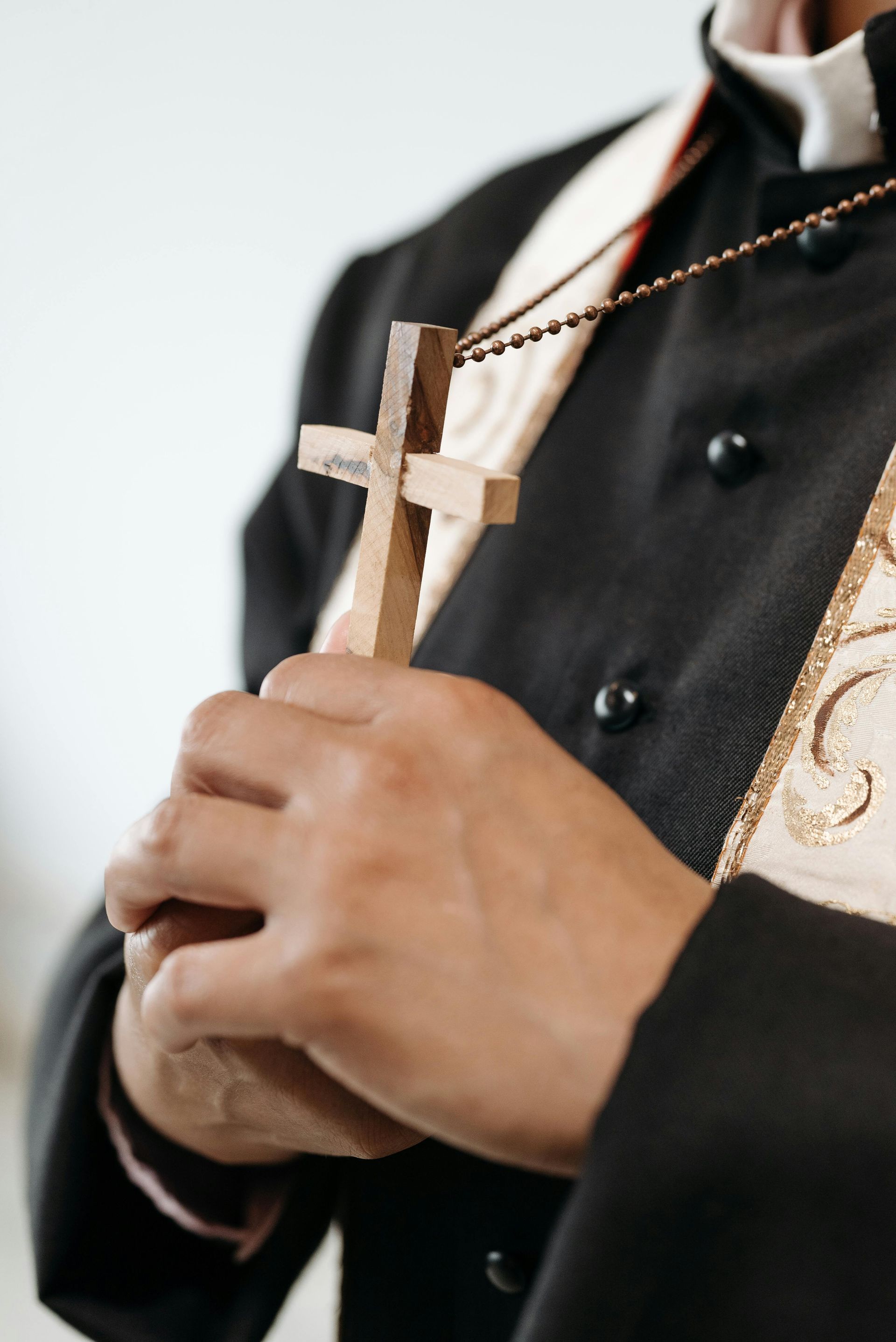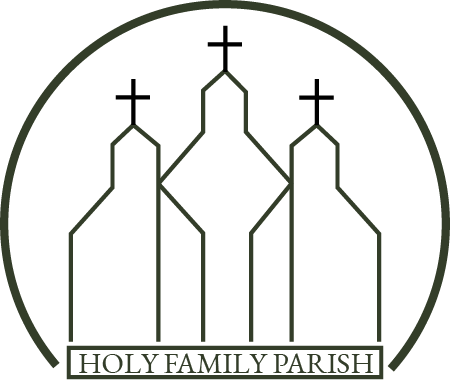
Anointing of the Sick
The Sacrament of Anointing of the Sick is available to anyone who is sick, battling chronic illness, going to have surgery, dying, etc. This Sacrament can be received as many times as the recipient wishes to receive it. Services for communal Sacrament of the Sick are offered twice a year, and dates/times will be published in the bulletin. If you, or someone you know, would like to receive the Sacrament of Anointing of the Sick, please call the office, 319-372-2127, and arrangements can be made for a priest to visit.
Catholic Church's Teaching on Anointing of the Sick
The Rite of Anointing tells us there is no need to wait until a person is at the point of death to receive the Sacrament. A careful judgment about the serious nature of the illness is sufficient. The Sacrament may be repeated if the sick person recovers after the anointing, but becomes ill once again, or if, during the same illness, the person's illness becomes more serious. A person should be anointed before surgery when a dangerous illness is the reason for the intervention (cf Rite of Anointing, Introduction, nos. 8-10).
"Is any one of you sick? He should call the elders of the church to pray over him and anoint him with oil in the name of the Lord. And the prayer offered in faith will make the sick person well; the Lord will raise him up. If he has sinned, he will be forgiven." -James 5:14-15
By the sacred anointing of the sick and the prayer of the priests the whole Church commends those who are ill to the suffering and glorified Lord, that he may raise them up and save them. And indeed she exhorts them to contribute to the good of the People of God by freely uniting themselves to the Passion and death of Christ. -Catechism of the Catholic Church, 1499
Moreover, "old people may be anointed if they are in weak condition even though no dangerous illness is present. Sick children may be anointed if they have sufficient use of reason to be comforted by this sacrament. . . . [The faithful] should be encouraged to ask for the anointing, and, as soon as the time for the anointing comes, to receive it with faith and devotion, not misusing the sacrament by putting it off" (Rite of Anointing, nos. 11, 12, 13).
Only bishops and priests may be ministers of the Sacrament of the Anointing of the Sick. A penitential rite followed by the Liturgy of the Word opens the celebration. Scripture awakens the faith of the sick and family members and friends to pray to Christ for the strength of his Holy Spirit. The priest lays his hands on the head of the sick person. He then proceeds to anoint, with the blessed Oil of the Sick, the forehead and hands of the sick person (in the Roman Rite). He accompanies these acts with the words, "Through this holy anointing may the Lord in his love and mercy help you with the grace of the Holy Spirit. May the Lord who frees you from sin save you and raise you up" (CCC, no. 1513).
For those who are about to depart from this life, the Church offers the person Penance, Anointing of the Sick, and the Eucharist as Viaticum (food for the journey) given at the end of life. These are "the sacraments that prepare for our heavenly homeland" (cf. CCC, no. 1525). These rites are highly valued by Catholics as powerful aids to a good death. Since Holy Communion is the effective sign of Christ's Paschal Mystery, it becomes for the recipient the opportunity to unite one's own suffering and dying to that of Christ with the hope of life eternal with him. The special words proper to Viaticum are added: "May the Lord Jesus protect you and lead you to everlasting life. Amen."
